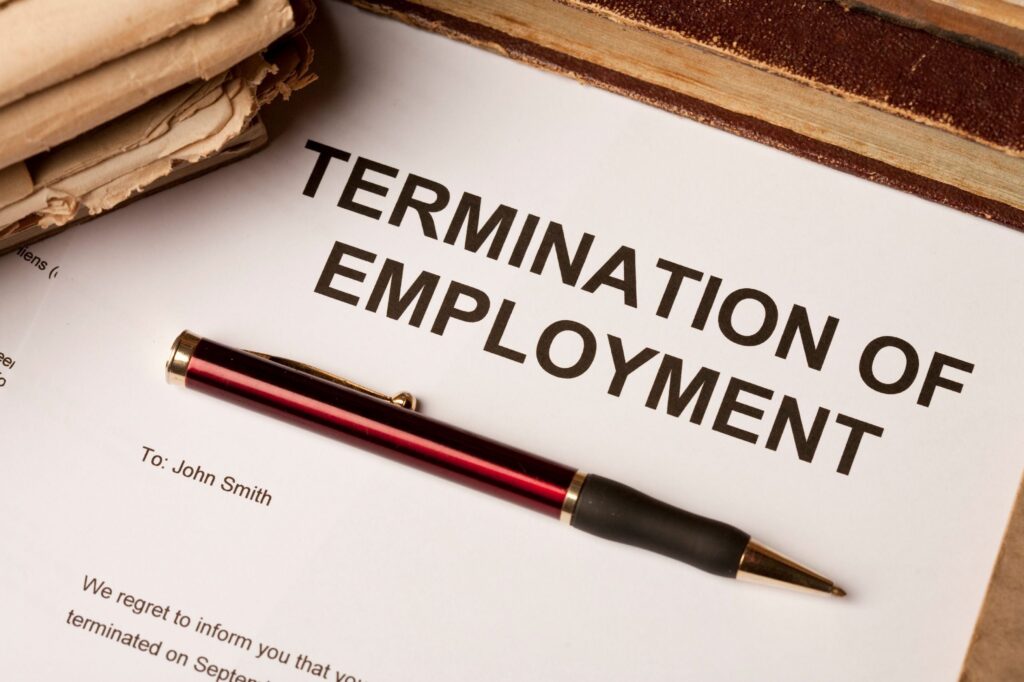As the impact of the #metoo movement continues to be felt in the employment context, it is essential for organisations to ensure that they have a dignity at work policy in place. It is particularly important to set boundaries during the Christmas party season which presents a particular challenge for employers. Dignity and respect policies should be updated regularly and communicated to all employees. It is equally important that appropriate training is provided to employees and in particular, managers.
Health & safety obligation
Under the Safety, Health and Welfare Act 2005, employers have a duty to ensure the health and safety of their employees in the workplace. Section 8 of the 2005 Act provides that the employer is required to prevent any ‘improper conduct or behaviour likely to put the safety, health and welfare of employees at risk’. This duty includes the prevention of any bullying, harassment and/or sexual harassment.
Risks associated with the office party
Over the years, case law confirms time and again that social functions are considered to be an extension of the workplace where matters of dignity are concerned. Both the company’s management and its employees have a responsibility for creating and contributing to the maintenance of a work environment free from bullying and/or harassment and this includes events outside of the workplace that are linked to the workplace and its employees.
What areas should the policy cover?
Your dignity at work policy should set out the following:
- Your organisation’s commitment to a zero-tolerance policy towards any behaviours that may be considered a violation of a person’s dignity.
- Who the policy applies to – it should be noted that it is not just the employee who should be covered in this policy.
- Behaviours that constitute bullying, harassment and sexual harassment.
- Complaints procedures – informal and formal.
- Procedure to be followed when examining a complaint.
- Potential outcome where complaints are upheld.
- Actions where complaint is not upheld.
- Zero tolerance towards victimisation of any party who have been named, who have made a complaint or any party participating in the investigation.
Vital to put the policy into action
It should be noted that it is not sufficient for your organisation to merely have a policy document in place. The policy must be seen to be put into action by taking the following actions:
- Training employees and managers.
- Effective communication (making reasonable provisions and appropriate accessibility).
- Addressing dignity at work in the safety statement.
- Addressing situations not covered in the policy specifically according to statutory framework while ensuring the right to have a place of work where dignity is respected.
- Periodical reviews of the policy to ensure it is fit for purpose in the particular workplace and remains compliant with legislative changes.
Recent case – vital to translate policies into practice
Earlier this year, the Workplace Relations Commission (WRC) heard a case involving alleged sexual harassment of a receptionist. The complainant stated that she was sexually harassed by the owner of the business on a number of occasions, one of which included the work Christmas party where he touched her inappropriately and made unwanted advances.
Following this, the complainant discovered inappropriate comments being made about her on a live chat system used by the company. The comments were made under the Managing Director’s name. The complainant was dismissed from her post which she claimed was punishment for rejecting the advances of her boss.
The respondent denied that sexual harassment took place and acknowledged only that the comment was made but denied that it was made by the Managing Director. The employer stated that the complainant was dismissed on the basis of performance issues which arose during her probation period.
The WRC was highly critical of the fact that the employer did not investigate who had made the comments on the live chat system or remove the offensive comments. The WRC described the employer’s handling of the allegation as a ‘blasé attitude to a very serious incident of sexual harassment’.
The WRC stated that it was not convinced that the anti-harassment policy put forward by the employer was even in place. In its ruling, the WRC found that the assertion that the employee was dismissed due to issues surrounding her performance to be false and that the evidence supported the view that the complainant had in fact had her employment terminated for rejecting inappropriate advances from her boss.
The complainant was awarded €46,000, two years’ salary and the maximum possible award available.
This recent case highlights the importance of not only having a dignity at work policy in place, but the requirement to ensure it is followed and that any complaints of sexual harassment, harassment and bullying are taken seriously and victimisation of any kind should not occur.
If you would like further complementary advice on dignity at work from an expert, our advisors are ready to take your call. Call us on 01 886 0350 or request a callback here.








